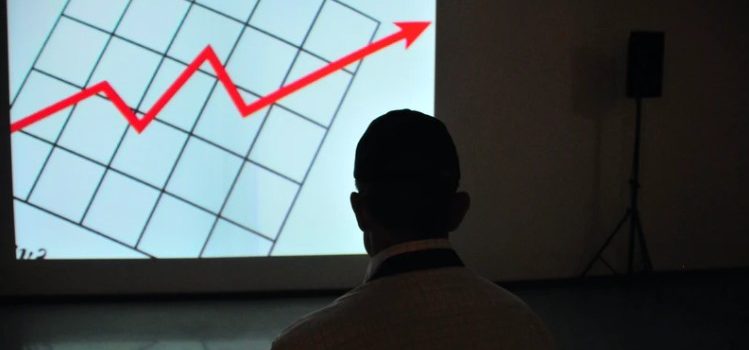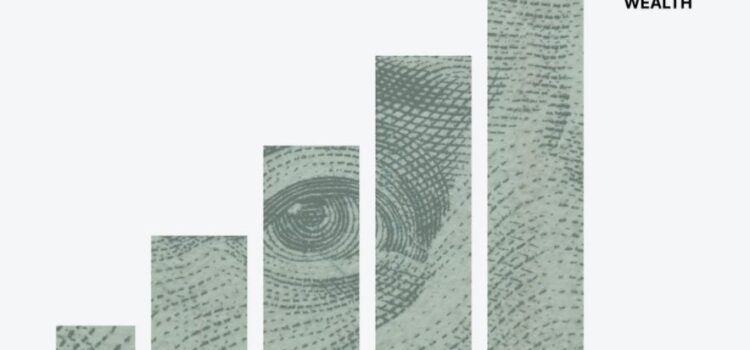What is Michael Lewis’s The Big Short about? What is the key message to take away from the book? In The Big Short, Michael Lewis takes us inside the madness, corruption, and greed at the heart of the 2007-2008 financial crisis. It tells the story of an eccentric collection of investors who saw the folly of the subprime mortgage-backed securities market—and found a way to bet against it. By focusing on individuals who saw these securities for what they truly were, the author forces us to seriously question the wisdom (and motivations) of the financial elites who wield so much
The Big Short by Michael Lewis: Book Overview










